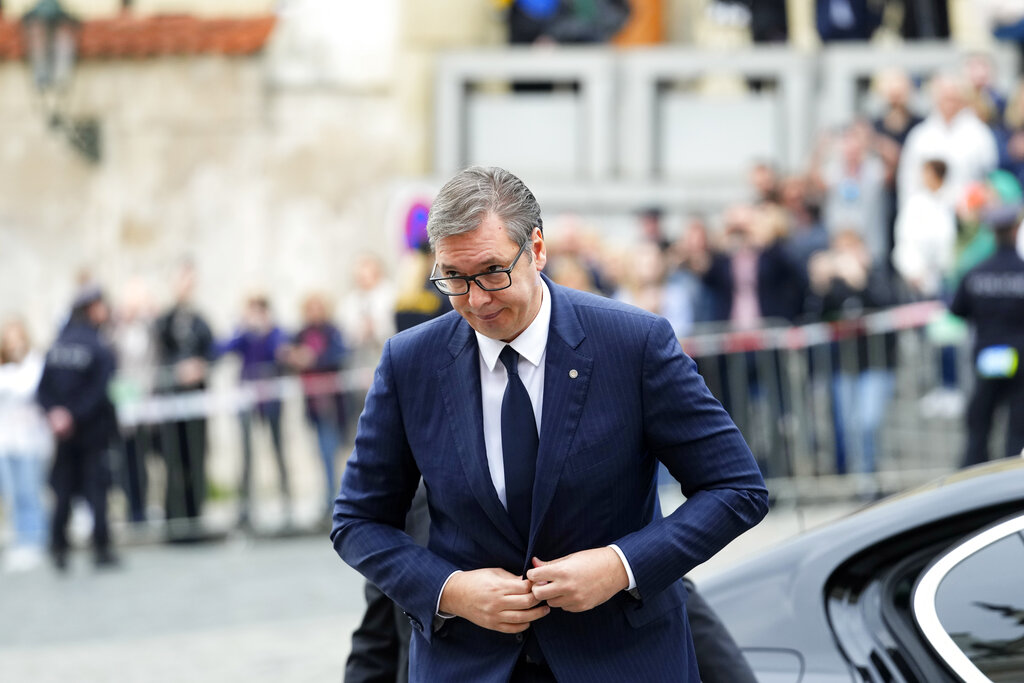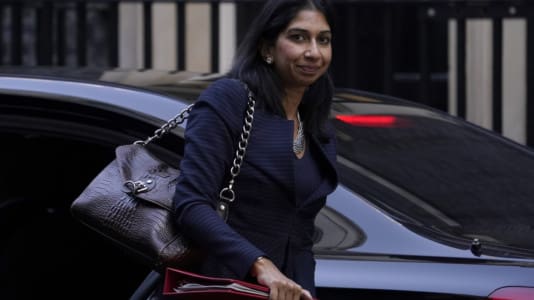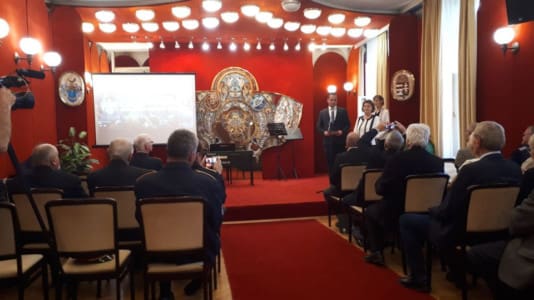Serbia is under increasing pressure from the European Union due to its lack of sanctions against Russia, President Aleksandar Vučić said. However, Vučić believes that if Serbia were to join the sanctions, it would only result in a five- or six-day period of pats on the back, and then Brussels would come up with new conditions.
The fact that opinion polls show that approximately 80 percent of Serbs are opposed to sanctioning Russia further complicates the situation. According to Vučić, Serbia has never been in such a difficult situation in the last 24 years:
“Serbia will have to make difficult decisions and solve many problems in the future,” he said.
Recently, an EU report pointed out that Serbia’s foreign policy is less in line with the EU’s than a year ago.
[pp id=51917]
Brussels is most concerned about the lack of sanctions against Moscow. In the current geopolitical situation, it is clear there is enormous pressure for the Serbs to align themselves with the Brussels agenda, including adherence to anti-Russian measures.
The European Parliament’s Committee on Foreign Affairs has already adopted a draft report on the EU’s new enlargement strategy, in which it is recommended that accession negotiations with Serbia should only continue if it aligns its foreign policy with expectations and accedes to the sanctions.
The Serbian government, however, is reluctant to introduce punitive measures against Russia. Serbian Prime Minister Ana Brnabić has said that while her country fully condemns Russia’s war against Ukraine, it remains opposed to sanctions. She said it would be up to the new Serbian government that is now being formed to decide on this, but Brnabić added that it was not in the country’s interest to impose sanctions.
Serbia and Russia have long been traditional allies, and Russia sided heavily with Serbia during the Balkan wars of the 1990s.
Serbia has been in accession negotiations with the European Union since 2014, but many believe that it is now very far away from actual membership. More optimistic voices say that the European Council could still decide in December to open a new chapter with Serbia, despite ongoing criticisms.
There is also EU pressure regarding the Kosovo issue. Vučić pointed out that the international community had prepared a document stating that Serbia would benefit significantly from settling its relations with Kosovo. According to the head of state, Serbia should not immediately recognize Kosovo’s independence, but it is expected that this should not prevent Kosovo from joining international organizations, including Kosovo’s membership in the United Nations.
In return, Belgrade would be able to move more quickly on the road to EU membership and probably receive substantial financial and economic support. Press reports suggest that if Serbia does not accept this, or if it does not introduce sanctions against Russia, it will be punished by an interruption to its accession process and some EU aid would be cut off.






